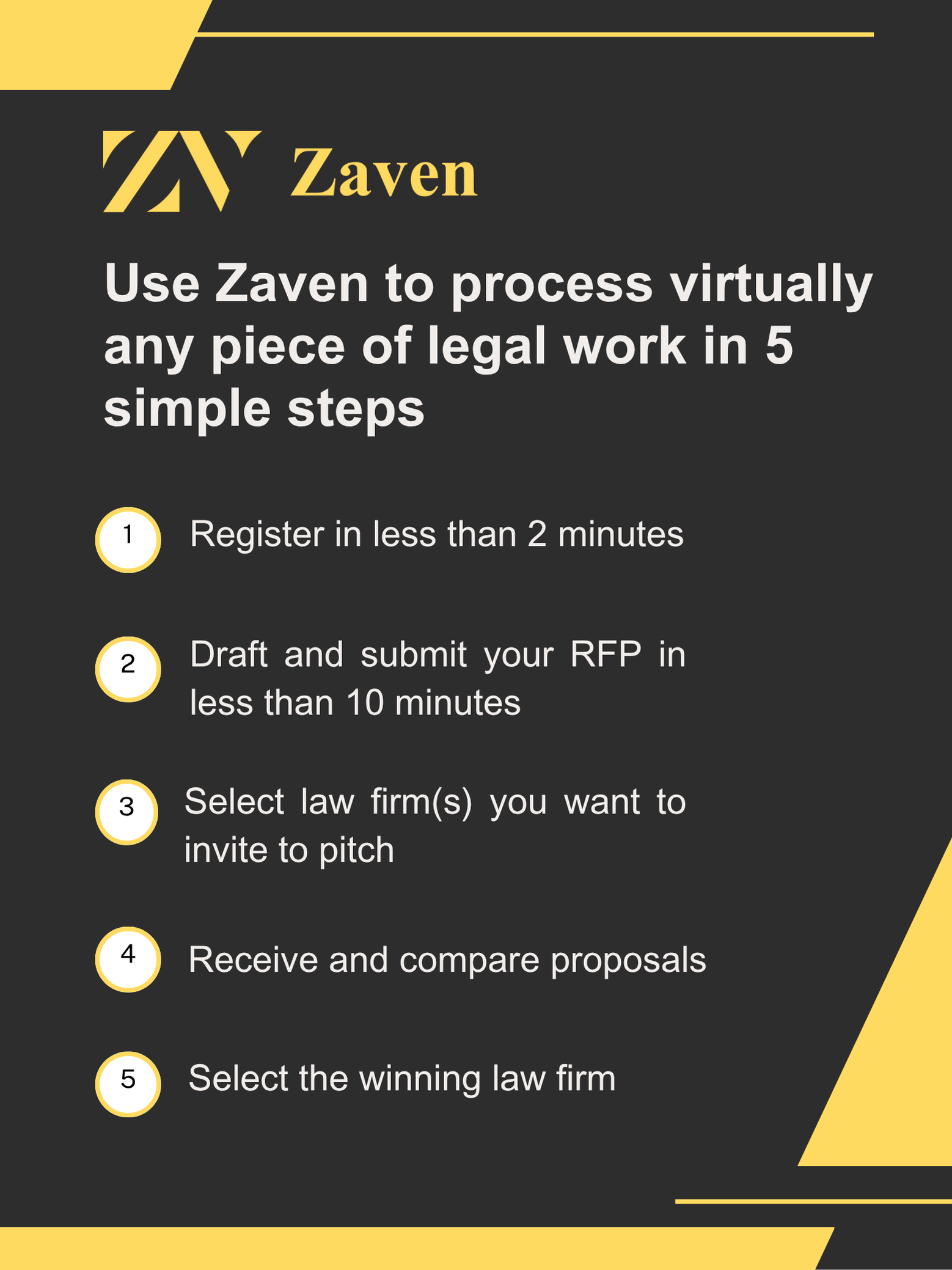Source: LexisNexis
In a significant shift from traditional roles, in-house legal departments are emerging as strategic leaders in organizational AI adoption. A recent video series produced in collaboration with Crafty Counsel showcases how forward-thinking legal teams are not just managing AI risks but actively shaping how their organizations harness AI’s transformative potential.
Breaking New Ground: Legal Teams as AI Strategists
Temitayo Ogunade from GWI represents the new breed of legal innovator. His team has moved beyond traditional legal boundaries by developing a custom legal chatbot that improves information accessibility across the business. More significantly, they’ve positioned themselves at the center of cross-functional AI governance by establishing frameworks that address data handling, compliance, and ethical usage.
“When legal teams actively use and experiment with AI tools themselves, they’re better positioned to guide the business—not just on risk, but on value,” notes Ogunade. This hands-on approach transforms legal departments from reactive gatekeepers to proactive advisors who can speak to both the opportunities and challenges of AI implementation.
The Power of Starting Small
One of the most practical insights comes from Laura Dietschy at Palantir Technologies, who advocates for an incremental approach to AI adoption. Palantir’s legal team has implemented Retrieve-Augmented Generation (RAG) technology to enhance the accuracy and relevance of AI outputs by incorporating company-specific knowledge.
Dietschy recommends legal departments begin with a single process or task that is both repetitive and impactful. “By demonstrating clear efficiency gains in a manageable project, legal teams can build confidence and establish a foundation for broader adoption,” she explains. This measured approach allows for learning and adaptation while delivering immediate value.
Balancing Productivity with Protection
While AI’s potential to enhance productivity is significant, responsible implementation remains paramount. Alex Love from Algolia emphasizes the importance of thorough vendor due diligence to ensure productivity gains don’t compromise data security or ethical standards.
Love advises legal teams to fully understand how vendors handle data, where information is stored, and what controls are in place to ensure compliance with internal policies and external regulations. This balanced perspective ensures that efficiency improvements don’t create new vulnerabilities.
Scaling Responsibly Across Global Operations
For multinational organizations, AI adoption presents additional challenges related to varying regulatory environments and cultural expectations. Luis de Freitas from Boston Consulting Group (BCG) offers valuable insights into scaling responsible AI globally.
BCG’s approach includes securing leadership buy-in, tailoring AI policies to regional requirements, and fostering collaboration across legal, compliance, technology, and operations teams. “Responsible AI isn’t just a policy—it’s a culture that spans geographies and functions,” de Freitas explains. This cultural dimension requires ongoing education, clear guidelines, and consistent governance.
The Path Forward
As organizations continue to explore AI’s potential, in-house legal teams have an unprecedented opportunity to shape how this technology is deployed. By combining legal expertise with technical understanding and business acumen, these departments can ensure AI adoption that is both innovative and responsible.
The most successful legal teams are those that actively experiment with AI tools, collaborate across disciplines, and help create organizational cultures where responsible innovation flourishes. As AI becomes increasingly integrated into business operations, this strategic advisory role will only grow in importance.
For legal departments still determining their approach to AI, the message is clear: The most effective path forward is one of active engagement rather than cautious observation. By stepping into leadership roles in AI governance and adoption, legal teams can help their organizations navigate this technological revolution with confidence and integrity.
Read more: LexisNexis







